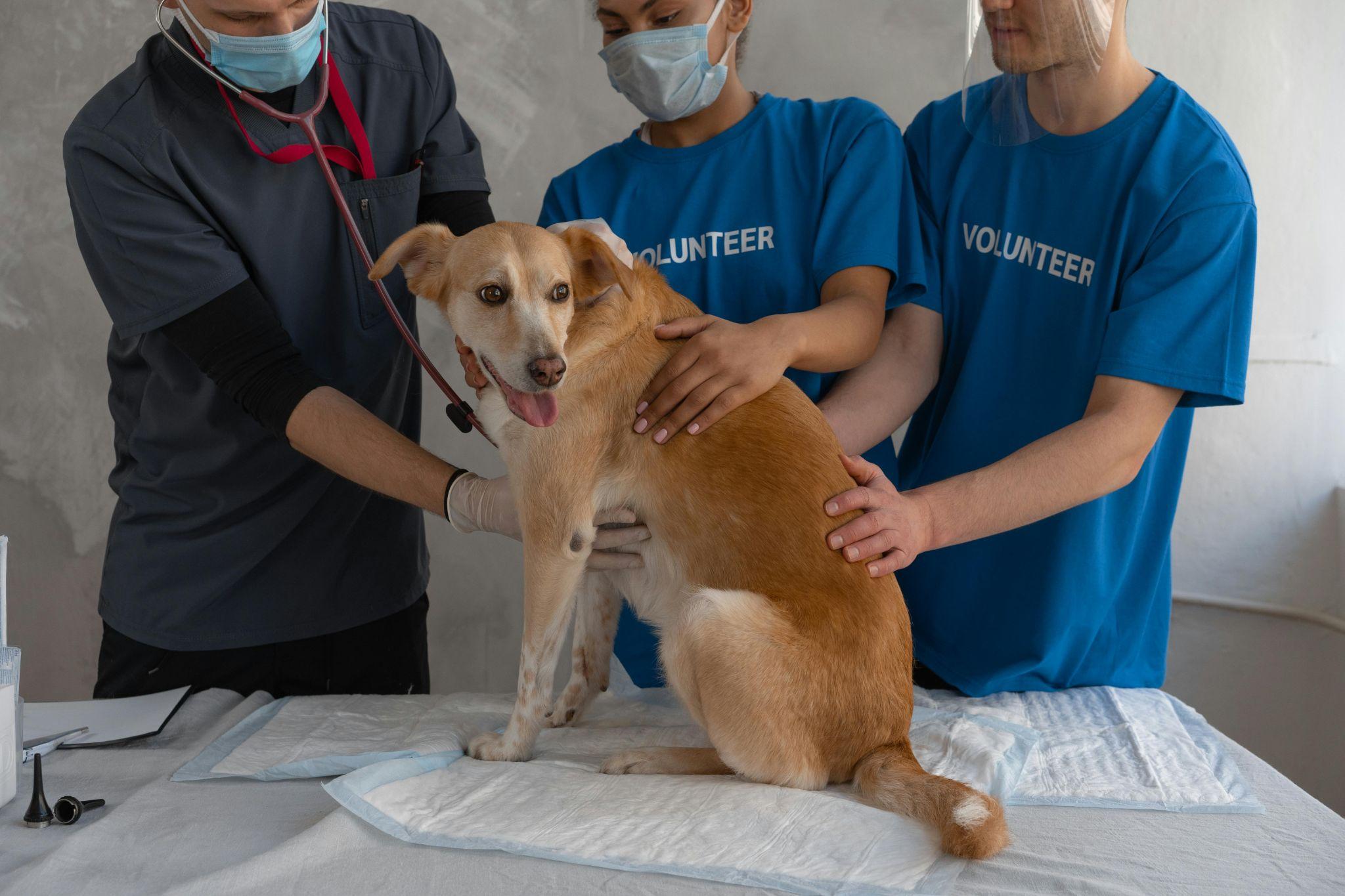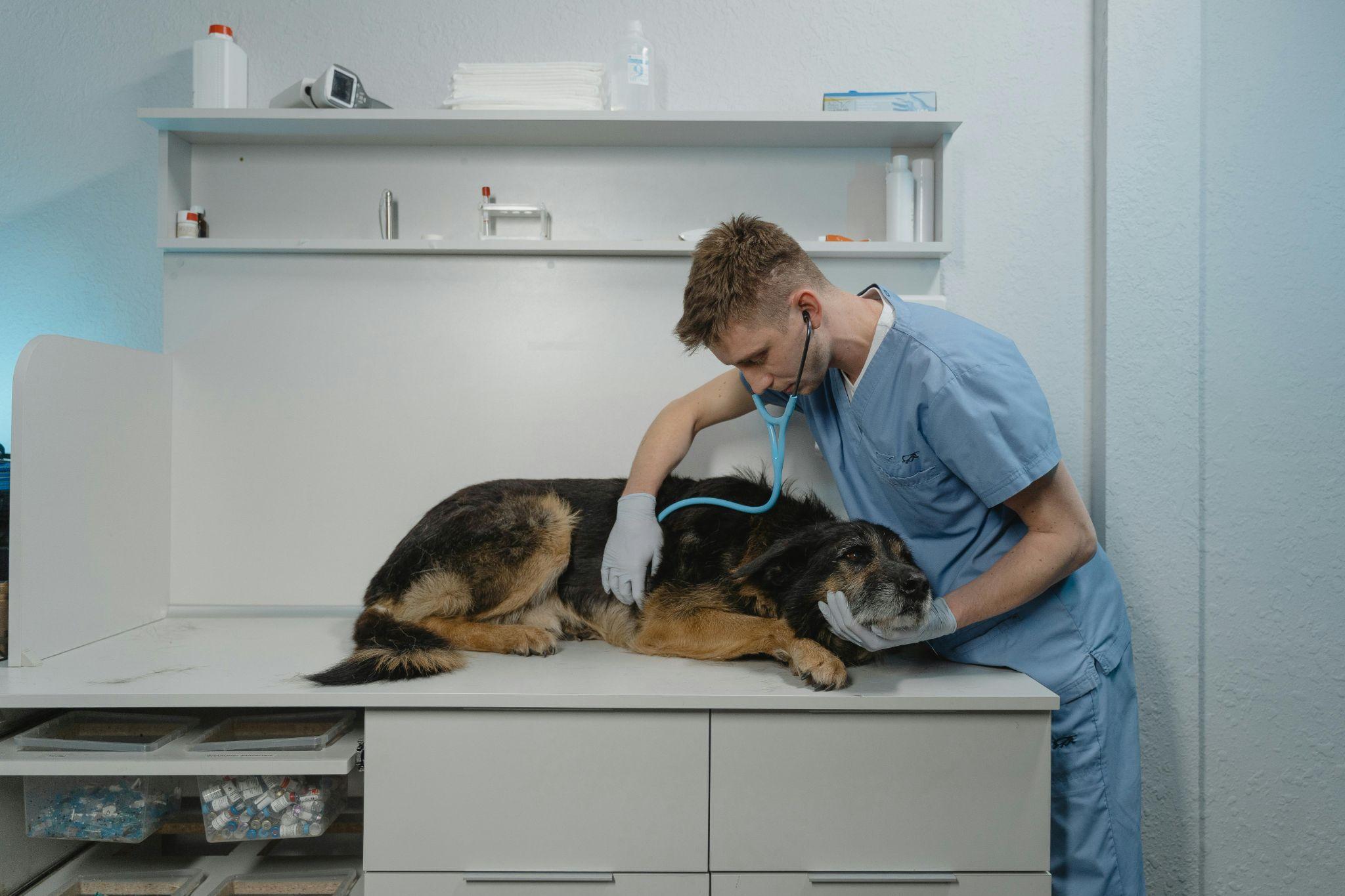Our pets are cherished members of our families, bringing boundless joy and companionship into our lives. However, like humans, pets can fall ill, often showing subtle signs that require our attention. This comprehensive guide aims to equip pet owners with the knowledge to identify potential health issues early on, ensuring prompt veterinary care and the continued well-being of their beloved companions. https://truepetslove.com/spaying-and-neutering-your-pet-pros-and-cons/
Understanding the Signs of Pet Illness

Recognizing when your pet is unwell is crucial for their health and happiness. Here’s how you can spot potential signs of illness:
Changes in Eating Habits and Appetite
- Decreased appetite: If your pet suddenly loses interest in food or eats significantly less, it may indicate underlying health issues.
- Increased thirst: Excessive drinking could signal conditions like diabetes or kidney disease.
- Refusal to eat: Complete loss of appetite, especially in smaller pets, warrants immediate attention.
Behavioral Changes
- Lethargy: Noticeable decrease in activity levels or reluctance to engage in usual activities.
- Aggression or irritability: Uncharacteristic behavior might indicate discomfort or pain.
- Hiding: Pets often withdraw when feeling unwell, seeking out quiet places.
Physical Symptoms
- Digestive issues: Vomiting or diarrhea, especially if persistent or severe.
- Respiratory problems: Coughing, sneezing, or difficulty breathing.

- Mobility issues: Limping, difficulty moving, or signs of pain.
Changes in Appearance https://truepetslove.com/
- Weight changes: Significant loss or gain without changes in diet.
- Coat and skin issues: Dull coat, fur loss, or new lumps and bumps.
- Swelling: Any unexplained swelling should be checked promptly.
When to Seek Veterinary Care
Knowing when to consult a veterinarian is crucial:
Emergency Signs
- Difficulty breathing: Rapid or labored breathing.
- Seizures: Sudden onset of seizures.
- Collapse: Loss of consciousness or sudden weakness.
Persistent Symptoms

- Chronic digestive issues: Continuous vomiting or diarrhea.
- Unexplained weight loss: Gradual weight loss despite normal diet.
- Persistent lethargy: Prolonged lack of energy or enthusiasm.
The Importance of Regular Veterinary Check-ups https://truepetslove.com/product/andis-excel-pro-animal/
Regular veterinary visits are vital for maintaining your pet’s health:
- Early detection: Allows for timely intervention and treatment.
- Preventative care: Includes vaccinations, parasite control, and dental care.
- Overall well-being: Ensures your pet remains healthy and happy.
Conclusion

Being attentive to your pet’s health is a fundamental part of responsible pet ownership. By familiarizing yourself with the signs of illness and promptly seeking veterinary care when needed, you can ensure your pet receives the best possible treatment. Remember, the pet loss support, vet, pet illness community is here to assist you in caring for your pet’s health. Stay vigilant, proactive, and dedicated to your pet’s well-being.
Understanding how to recognize signs of pet illness empowers you to be a proactive and caring pet owner. By staying informed and observant, you can provide your furry companions with the best chance at a long and healthy life by your side.
